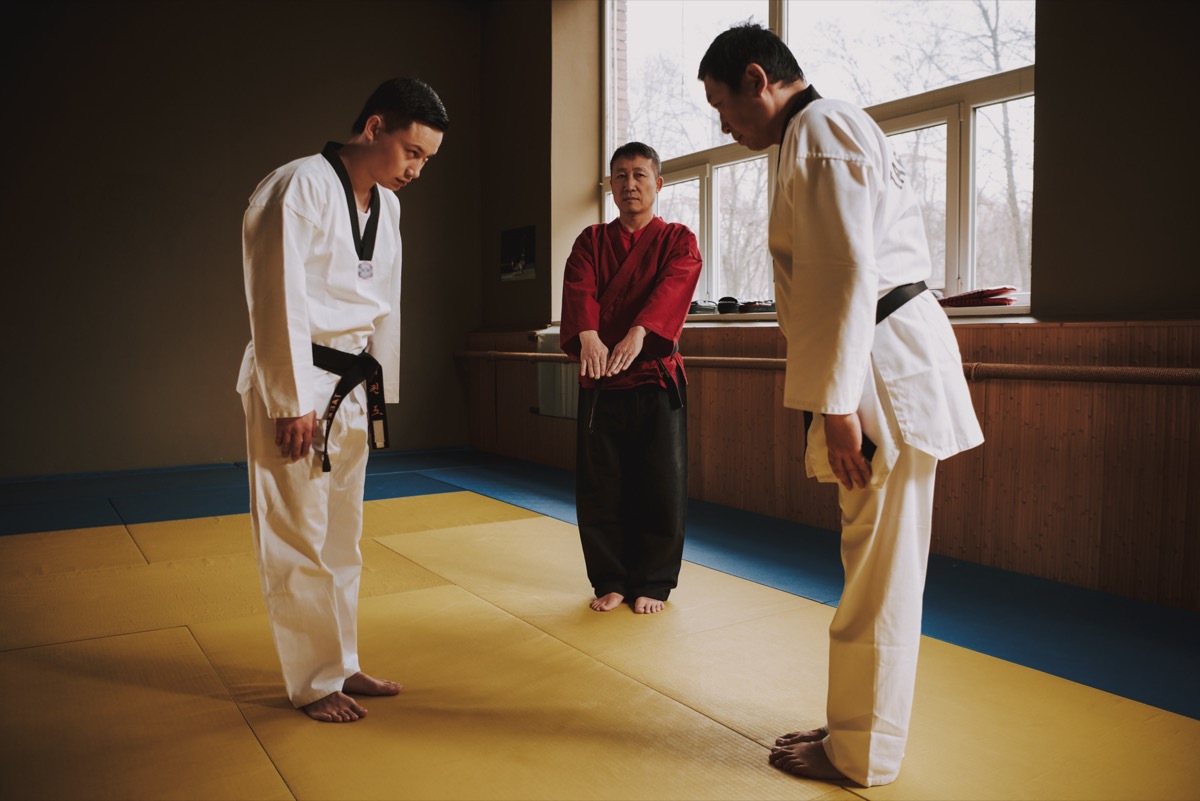
Martial arts is an art form that requires dedication, discipline, and perseverance. As individuals embark on their martial arts journey, a common question arises: How long does it take to master martial arts? While the answer varies depending on several factors, such as the martial art style, the individual’s commitment, and the definition of mastery, this article aims to provide insight into the time it takes to reach proficiency and mastery in martial arts.
Martial arts training is a continuous process of growth and development. It is important to understand that mastery is not a destination but rather a lifelong journey. The path to mastery begins with the foundation of basic techniques, principles, and knowledge. The time it takes to achieve proficiency in martial arts varies greatly from person to person. Some individuals may progress faster due to natural talent, physical attributes, or prior experience in related disciplines, while others may require more time to grasp the intricacies of the art.
On average, it takes several years of consistent training to become proficient in martial arts. For beginners, the initial phase focuses on learning fundamental techniques, stances, and principles. During this time, practitioners develop coordination, balance, and flexibility while gaining an understanding of the core concepts of their chosen martial art style. This phase typically lasts anywhere from six months to a year, depending on the individual’s commitment and training frequency.
As practitioners progress, they delve deeper into the art, honing their skills and expanding their knowledge. The intermediate stage of martial arts training involves refining techniques, mastering more advanced forms and combinations, and developing a deeper understanding of the principles and philosophy behind the art. This phase can take anywhere from two to four years, depending on the intensity and consistency of training.
Moving towards the advanced levels of martial arts training, practitioners focus on specialization and further exploration within their chosen discipline. They begin to develop their unique style and adapt the techniques to suit their individual strengths and preferences. This stage requires continuous refinement, constant practice, and a commitment to personal growth. Advanced practitioners often spend several years perfecting their skills and deepening their understanding of the art. The time required to reach the advanced level can range from four to eight years or even longer, depending on the complexity of the martial art style and the individual’s dedication.
It is important to note that mastery in martial arts is a lifelong pursuit. Even after achieving advanced levels, practitioners continue to train, learn, and refine their skills. Mastery is a continuous process of self-improvement, and there is always more to explore and discover within the art.
The journey to mastery in martial arts is not solely measured by the number of years spent training. It is a combination of various factors, including the quality of instruction, the intensity of training, the individual’s mindset, and the consistency of practice. Training frequency and duration play a significant role in the progression. Regular training, combined with focused and purposeful practice, accelerates skill development and deepens the practitioner’s understanding of the art.
Additionally, the concept of mastery is subjective and varies from person to person. Some may consider achieving a black belt or a specific rank as a sign of mastery, while others view it as a continuous pursuit of self-improvement without specific end goals. Ultimately, mastery lies in the individual’s ability to apply the principles and techniques effectively, demonstrate proficiency, and embody the values and philosophy of the martial art.
In conclusion, the time it takes to master martial arts depends on various factors, including the individual’s commitment, training frequency, natural talent, and the complexity of the chosen martial art style. Proficiency can be achieved within several years of consistent training, but mastery is a lifelong journey of continuous learning and self-improvement. The key is to embrace the process, stay dedicated, and enjoy the transformative journey that martial arts provides. Remember that martial arts is not just about achieving mastery; it is about personal growth, self-discovery, and the development of physical and mental attributes.
Throughout your martial arts journey, celebrate the small victories and milestones along the way. Each technique mastered, each belt earned, and each obstacle overcome is a testament to your progress and dedication. Embrace the challenges that come your way, as they will only make you stronger and more resilient.
It is essential to maintain a growth mindset and approach your training with patience and perseverance. Understand that progress may not always be linear, and there may be times when you feel stuck or face setbacks. However, these moments are opportunities for growth and learning. Trust in the process and have faith in your abilities.
Surround yourself with a supportive community of fellow martial artists who share your passion and commitment. They will provide encouragement, guidance, and motivation during times of doubt or fatigue. Together, you can inspire and push each other to new heights.
Lastly, remember that the journey of martial arts is as much about the destination as it is about the experiences and lessons gained along the way. Embrace the discipline, the camaraderie, and the personal transformation that martial arts brings into your life. Whether you achieve mastery or not, the lifelong benefits of improved physical fitness, mental resilience, self-confidence, and self-defense skills make the journey worthwhile.
In conclusion, the time it takes to master martial arts is subjective and depends on various factors. It requires commitment, discipline, and a growth mindset.
While proficiency can be achieved within several years, mastery is an ongoing process that continues throughout one’s martial arts journey. Embrace the challenges, celebrate the victories, and cherish the personal growth that comes with training. Whether you are a beginner or an experienced practitioner, martial arts offers a path of self-discovery, physical development, and lifelong learning. So, step onto the training mat, embrace the art, and embark on a transformative journey that will enrich your life in countless ways.
Article reposted with permission from Go2Karate.com.